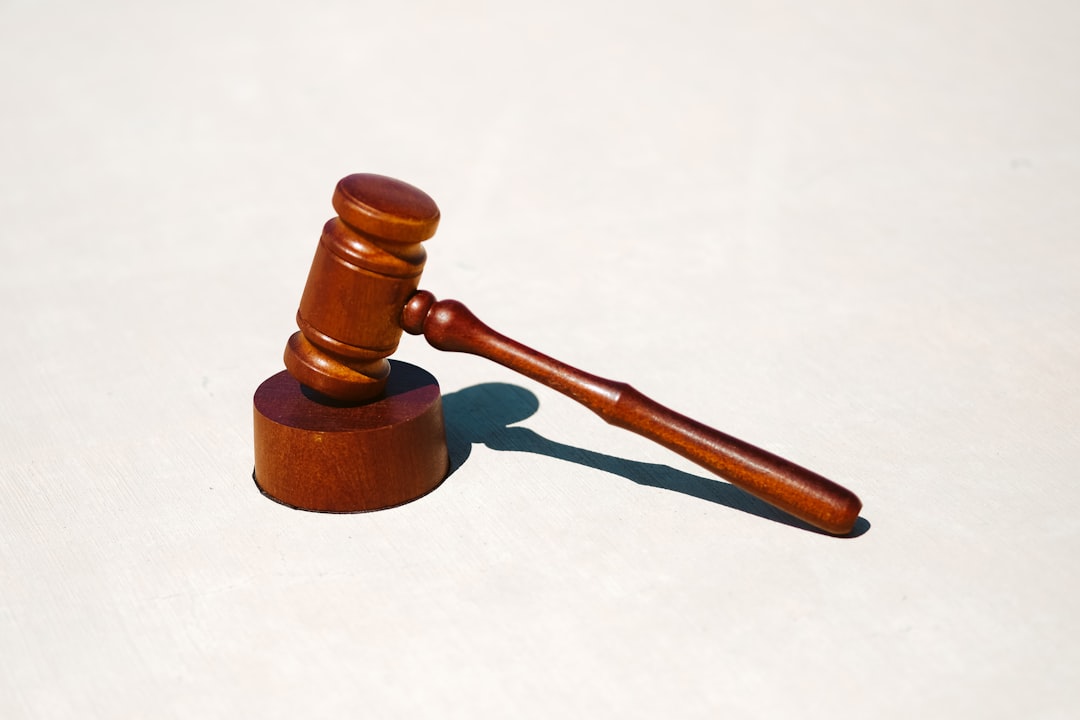To practice debt collection law in Vermont, individuals must complete a rigorous educational and licensing process including earning a JD degree from an accredited law school, understanding key legal areas like civil procedure and debt collection regulations, passing Vermont's bar exam, and adhering to specific course requirements set by the Vermont Bar Association. Prior to becoming a debt collection attorney, candidates must first secure a bachelor's degree in business, finance, or economics, follow with a JD covering contract law, collections practices, and pass the Multistate Bar Examination (MBE), showcasing a solid grasp of fundamental legal principles. Knowledge of Vermont's unique debt collection laws can significantly aid practitioners, while avoiding reliance on "Do Not Call" laws.
Vermont debt collection practices are governed by strict legal guidelines, necessitating licensed attorneys for compliance. This comprehensive guide explores the licensing requirements for becoming a debt collection attorney in Vermont. From educational milestones including a bachelor’s degree and law diploma to pivotal bar exam passages like the MBE and MPRE, we detail the essential steps. We also cover state-specific applications, character evaluations, and wait periods, along with ongoing CLE requirements for license maintenance. Master these, and you’ll navigate Vermont’s debt collection landscape with confidence.
Education and Qualification Requirements

To become a licensed debt collection attorney in Vermont, individuals must first meet specific educational and qualification criteria. Law school graduation is a fundamental requirement; aspiring attorneys should earn a Juris Doctor (JD) degree from an accredited law school. During their legal education, students are expected to gain a solid understanding of various legal areas, including civil procedure, contracts, and debt collection regulations.
Beyond academic qualifications, potential debt collection attorneys in Vermont must pass the state’s bar exam. This rigorous test assesses knowledge of Vermont law and ethical standards. Additionally, applicants should be mindful of any specific course requirements or practical training mandated by the Vermont Bar Association to ensure they are fully prepared for the licensing process.
– Undergrad and Law Degree

To become a debt collection attorney in Vermont, an individual must first meet the educational prerequisites. The path begins with obtaining a bachelor’s degree, which sets the foundation for future legal studies. During this undergraduate phase, focusing on courses related to business, finance, or economics can be advantageous as it provides a solid understanding of financial matters, a key aspect of debt collection law.
Following the completion of an undergraduate degree, aspiring attorneys must pursue a Juris Doctor (JD) from an accredited law school. This rigorous legal education equips students with the knowledge and skills necessary to practice law. The curriculum covers various subjects, including contract law, civil procedure, and collections practices, all of which are integral to understanding and navigating the complexities of debt collection in Vermont.
– Juris Dictionary Examination (MBE)

To practice law in Vermont, aspiring attorneys must first pass the Multistate Bar Examination (MBE). This standardized test is a crucial component of the licensing process and covers a broad range of legal topics. The MBE assesses candidates’ knowledge in areas such as civil procedure, constitutional law, contracts, criminal law and procedure, evidence, family law, property law, and torts.
Passing the MBE is essential for those seeking to become Vermont debt collection attorneys, as it demonstrates a solid understanding of fundamental legal principles. While there are no specific Vermont-focused elements on this exam, understanding the state’s unique laws and regulations pertaining to debt collection practices can prove invaluable for practitioners navigating this niche area of law.






